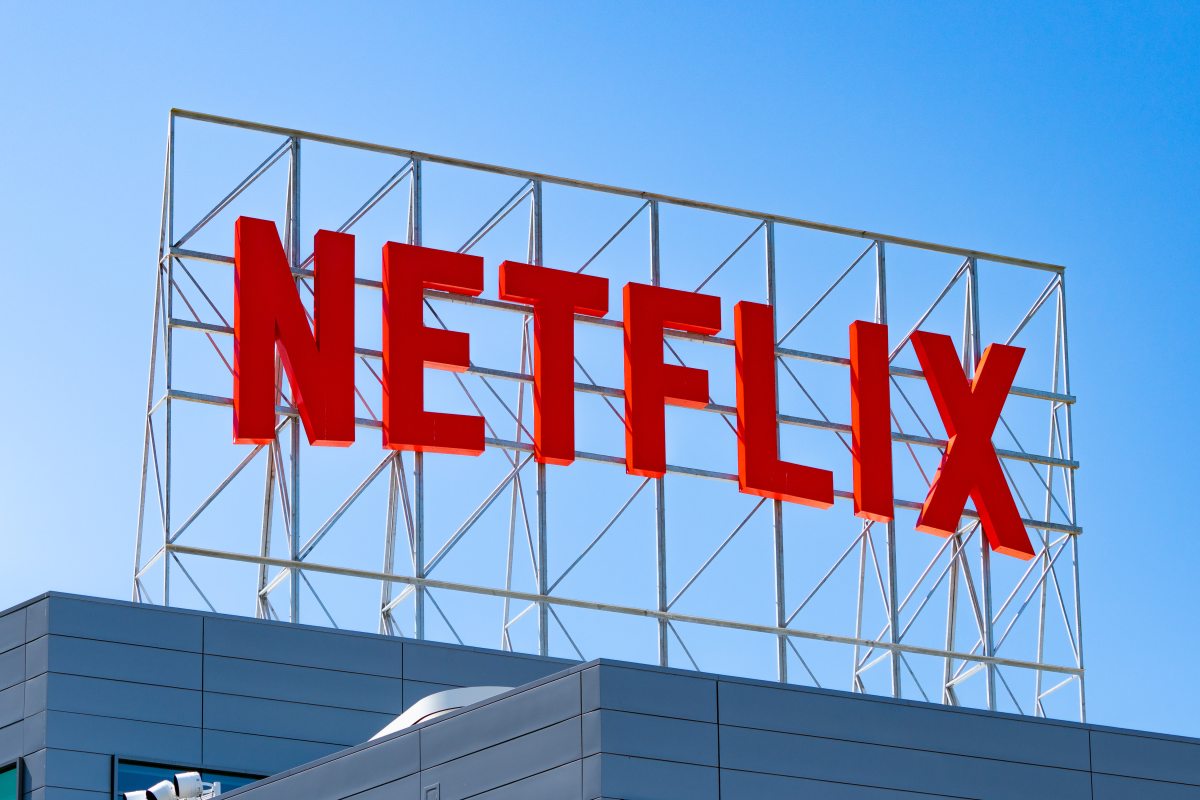Netflix Embraces Generative AI to Boost Creative Efficiency

Key Points
- Netflix declares it is "very well positioned" to leverage AI advances.
- AI is being used as a tool, not as the core engine for content creation.
- Generative AI helped create a building collapse scene in "The Eternaut".
- "Happy Gilmore 2" used AI to de‑age characters in its opening scene.
- "Billionaires’ Bunker" employed AI for wardrobe and set design visualization.
- Industry concerns persist about data usage and potential job impacts.
- OpenAI’s Sora 2 model sparked calls for stronger deep‑fake guardrails.
- Netflix reported a 17% revenue increase to $11.5 billion, below forecast.
- Company leadership stresses AI will aid, not replace, creative talent.
Netflix announced that it is "very well positioned to effectively leverage ongoing advances in AI," signaling an all‑in approach to generative AI as a creative tool rather than a content engine. The streaming giant cited recent uses of AI in productions such as the Argentine series "The Eternaut," the film "Happy Gilmore 2," and the series "Billionaires’ Bunker" to illustrate how the technology can streamline visual effects, pre‑production design, and post‑production work. While industry concerns linger over data usage and potential job impacts, Netflix’s leadership remains confident that AI will help storytellers work faster and explore new possibilities without replacing artistic talent. The company also reported a 17% year‑over‑year revenue increase to $11.5 billion, though the growth fell short of its own forecasts.
Strategic Position on AI
In its latest earnings communication, Netflix described itself as "very well positioned to effectively leverage ongoing advances in AI." The company clarified that its strategy does not involve using generative AI as the primary engine for creating content, but rather as a set of tools that can make creative processes more efficient. Chief Executive Officer Ted Sarandos emphasized that while AI can provide better tools for creators, it does not replace the need for great storytelling talent.
Practical Applications in Recent Productions
Netflix highlighted several concrete examples of AI use across its portfolio. In the Argentine series "The Eternaut," generative AI was employed for the first time in final footage to depict a building collapse. The filmmakers behind "Happy Gilmore 2" used AI to de‑age characters in the opening scene, and the producers of "Billionaires’ Bunker" leveraged the technology during pre‑production to visualize wardrobe and set design concepts. These instances demonstrate Netflix’s belief that AI can help storytellers work faster and explore new visual ideas without chasing novelty for its own sake.
Industry Context and Concerns
The broader entertainment industry remains divided on AI adoption. Artists and unions have expressed worries that large language models trained on copyrighted material could threaten jobs and creative control. Nonetheless, Netflix’s approach focuses on using AI for special‑effects and design tasks rather than replacing actors. An AI‑generated actor recently sparked debate among Hollywood talent, though no such AI actors have secured roles to date. The company acknowledges that visual‑effects jobs may evolve as AI tools become more prevalent.
External Developments and Regulatory Pressure
OpenAI’s release of the Sora 2 audio‑and‑video generation model, which lacks guardrails to prevent deep‑fakes of public figures, prompted the Screen Actors Guild‑American Federation of Television and Radio Artists (SAG‑AFTRA) and actor Bryan Cranston to call for stronger safeguards. When asked about the potential impact of Sora, Sarandos said the technology “starts to make sense” for content creators but expressed less concern about immediate disruption to Netflix’s core movie and TV business.
Financial Performance
Netflix reported a 17% year‑over‑year increase in quarterly revenue, reaching $11.5 billion. Despite this growth, the figures fell short of the company’s internal forecasts, underscoring the competitive pressures and market expectations surrounding both content and technology investments.
Outlook
Overall, Netflix’s leadership remains optimistic that generative AI will enhance storytelling efficiency and open new creative avenues while preserving the essential role of human artists. The company’s “all‑in” stance signals a willingness to experiment with AI tools across the production pipeline, positioning Netflix as a bellwether for how the streaming industry may integrate emerging technology without compromising artistic integrity.